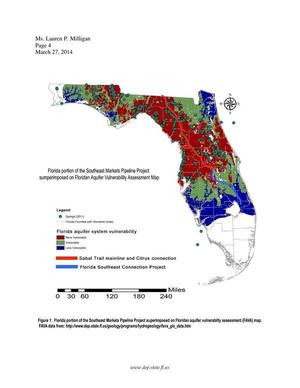 PHMSA Administrator
Rather than stopping leaks and explosions, Cynthia L. Quarterman (no relation)
seems to spend a lot of time
testifying before Congress, see for example
these CSPAN videos.
Maybe now that “market forces” are shifting away from fossil fuels,
instead of chasing the white whale of pipelines for fracked methane to LNG export, we can get a new PHMSA Administrator who will do something about the lax safety of the pipelines we’ve got while we get on with shifting to sun, wind, and water power.
PHMSA Administrator
Rather than stopping leaks and explosions, Cynthia L. Quarterman (no relation)
seems to spend a lot of time
testifying before Congress, see for example
these CSPAN videos.
Maybe now that “market forces” are shifting away from fossil fuels,
instead of chasing the white whale of pipelines for fracked methane to LNG export, we can get a new PHMSA Administrator who will do something about the lax safety of the pipelines we’ve got while we get on with shifting to sun, wind, and water power.
James F. Bowe, Jr. and Sara E. Peters wrote for Energy Newsletter, March 2014, Congress Probes Crude by Rail Safety Developments; Voluntary Industry-Regulator Agreement Addresses Safety Concerns, Continue reading Departing PHMSA Administrator has let regulated companies determine testing as LNG exports increase








